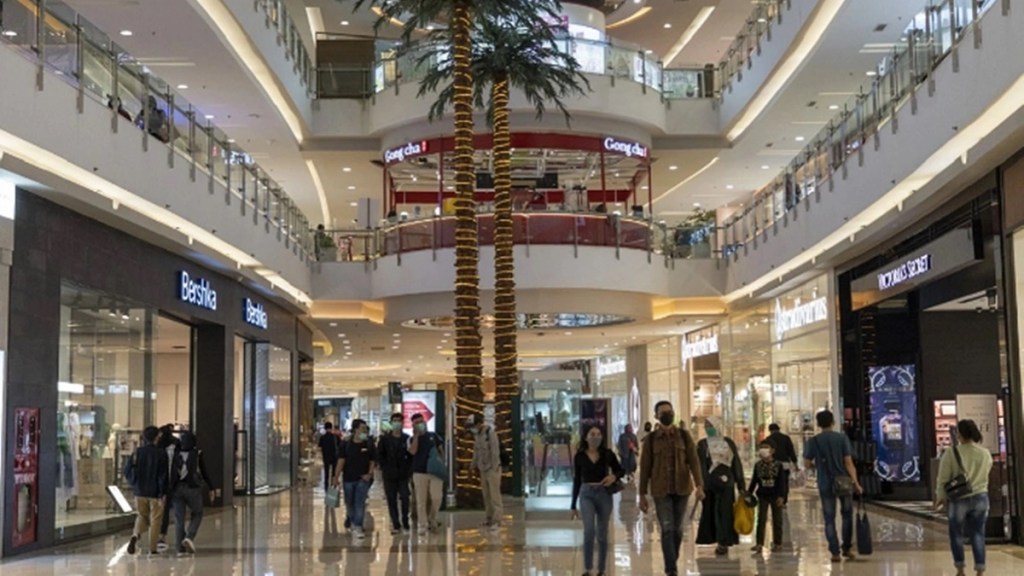With business in malls now overtaking the pre-pandemic levels, operators are renegotiating rents and asking for a higher share of revenues from retailers and brands. They are also open to smaller lease tenures which give them the flexibility to change the tenant mix.
Abhishek Sharma, director at Knight Frank Retail, told FE, the increase in revenue share has been in the range of 0.25% to 1-2% depending upon the category and brands. “The changes have been made for varying periods of six months or a year,” Sharma said. For instance, supermarkets are now paying a bigger share of 0.25% because their margins are thinner. On the other hand, cinema theatres or department stores are paying 1-2% more.
Also Read: Key things to keep in mind while investing in real estate
DLF Retail’s executive director Pushpa Bector said rents are moving northwards but the exact levels varied from brand to brand. “When leases come up for renewal for existing retailers or even for new ones, we have an option to make changes. It is very retailer-focused, each category has a different margin but yes, rents are getting better,” Bector said.
Retailers are also paying bigger revenue shares in some cities like Delhi and Mumbai, where there is a shortage of quality space. Since business has been looking up post Covid-19, retailers are not averse to paying more.
While in some categories like fashion, beauty, and food and beverages, the revenue share for malls is going up, in others like electronics, the revenue share is falling as the margins in these businesses are shrinking, Pankaj Renjhen, COO and joint MD at Anarock Retail, said.
Overall, the market is growing profitably for both retailers and mall owners. Grade A malls like Palladium, DLF and Phoenix, which have a high trading density and a good brand mix, charged retailers a minimum guarantee or a revenue share, whichever was higher. However, after the third wave of the pandemic, these mall operators reduced the minimum guarantee to support retailers. At the same time, they increased the revenue share. Kumar Rajagopalan, CEO of Retailers Association of India pointed out that rents were being renegotiated, particularly in malls where the footfalls have gone up sharply.
Also Read: Top concerns for global real estate investors in 2023: Colliers
Analysts said that for online stores, which are typically smaller, the leasing tenure is getting reduced from 9 years earlier to 5-6 years. “Mall owners want the ability to churn a brand faster if it does not remain relevant in the fast-changing environment,” they said.
Historically, cinema and hypermarkets used to be large anchors, but in the current configurations their sizes are being reduced as fashion and lifestyle are taking more anchor roles. Multiplexes are now occupying less space as the screen counts are now getting reduced. Retailers of Indian ethnic fashion wear and beauty products, salons and quick service restaurants are now occupying more space. Infinity Mall vice-president Nitin Bir said the F&B category has seen around 70% growth over 2019 and is now taking up more space.

